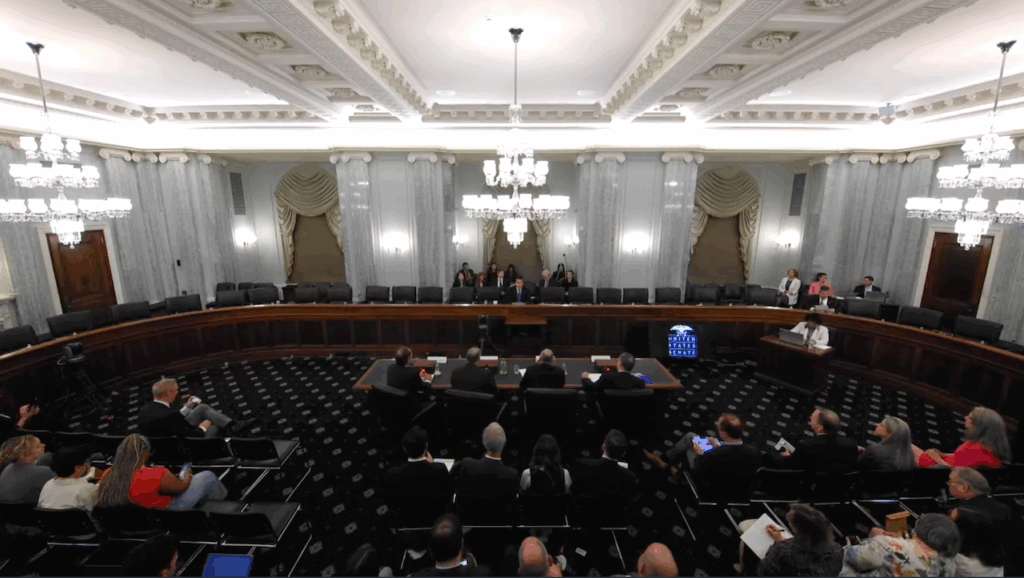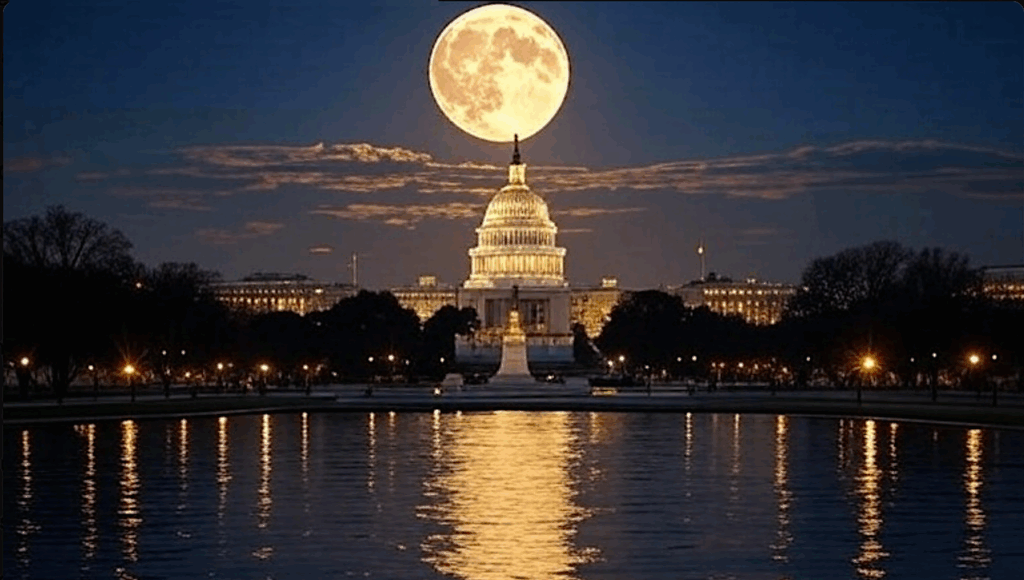The Planetary Science Community Is Split On Artemis/Moon2024

Dear Colleague Letter From The Lunar Exploration Analysis Group On The Proposed NASA Budget Amendment
“It came to our attention that the AAS / DPS sent a letter to its membership on 23 May 2019 detailing its concerns about three issues associated with the NASA proposed budget amendment and the rollout of the NASA Artemis program. These concerns include: the proposed Pell Grant offset, the NASA Administrator’s proposed transfer authority, and “lack of community consensus on the science program.” The first two concerns have to do with priorities within the administration, and the AAS/DPS stance is echoed by other professional societies. However, the third concern, that “there is not a community- wide consensus” on the lunar science to be accomplished with the requested $90M within the amendment, is incorrect and deserves clarification. LEAG was consulted extensively by NASA in the formulation of LDEP.”
Message from the AAS President and DPS Chair: Moon – 2024?
“Since the changes in civilian space policy to return to the Moon have occurred after the last planetary science decadal survey in 2013 and that survey’s midterm assessment in 2018, there is not a community-wide consensus on where the Administration’s proposed lunar science program would rank within the relative priorities for lunar science, let alone within the priorities for the overall planetary science enterprise. The primary new lunar mission prioritized by the 2013 planetary decadal was the Lunar Geophysical Network (recommended for inclusion in the fifth New Frontiers competition). The 2013 survey also reaffirmed the 2003 survey’s Lunar South Pole- Aitken Basin Sample Return mission for the fifth New Frontiers competition since it wasn’t selected in the fourth New Frontiers round.”
Taking an Anti-Moon 2024 Position While Pretending Not To, earlier post
“We have decided against taking an official position on NASA’s Artemis proposal at this time. It is still very early, and we do not think that the benefits of public opposition to an ill-defined and untested proposal outweigh the use of political capital, at least not yet.”









They’d support the mission a lot more if there were assurances that Artemis would be funded completely out of crewed space funding plus extra budget money, and not by potentially siphoning off funds from Earth and Planetary Science to pay for it. That needs to be mandated in the next budget request for it.
I’m sorry, but I think Dr. Lawrence and the rest of the Lunar Exploration Analysis Group steering committee are completely out of line. LEAG does not speak for the scientific community, and they should not act or imply that they do. In my opinion that is completely inappropriate.
Like all the other AGs, they are chartered to provide feedback on how NASA is following the advice of the Decadal Survey when it comes to their own specialty. Lunar science in this case. The AAS/DPS statement was about the overall science community and the balance between different disciplines and things to study (different planets, atmospheres or geology, etc.) The fact that all lunar scientists are in favor of more money being spent on lunar science is not exactly shocking. A consensus would mean the lunar scientists had also convinced the people studying Mercury, Pluto, and everything else in between.
This is in contrast to last year’s Outer Planets Analysis Group, where we were actually talking about the legitimacy of the Europa Lander mission. It wasn’t in the Decadal Survey, it was inserted and mandated by a friendly congressman. Some people thought that wasn’t how things should work. Admittedly, a majority of the people in the room thought we shouldn’t look a gift horse in the mouth. But no one was claiming any finding by OPAG represented a consensus of the entire planetary science community. The letter from the chair of the LEAG steering committee either pretends that they can, or is very poorly written.
“They’d support the mission a lot more if there were assurances that Artemis would be funded completely out of crewed space funding” But one thing Gerst has shown himself to be very adept at is pirating others money to put into manned space operations. The money has come from science, education and elsewhere. He almost succesfully killed the entire education function before cooler heads prevailed and partially reestablished it. Manned space gets more now than ever before and yet they do a lot less now than when Gerst got into his current office, 15 years ago. 15 years ago they were flying Shuttle, assembling ISS, had 150 astronauts. For the last 9 years they cannot even launch an American into space. Maybe that will change in a few years?? Manned space is not about science so if that is what anybody is interested in, Artemis is not the answer.
This actually puts lunar scientists in a conundrum as they would like to see us working on any kind of return to the moon rather than none, and even if that means a fully vetted campaign and goals don’t exist. We all want to work on exciting programs even if truly valid, long-lived, or sustainable goals have not been incorporated. Much like the case of most engineers who live to create and bend metal but subsequently, and most often, do not engage, use or benefit from the long-term plans for scientific toys and endeavors (i.e., build it and move on to the next project).
How can anyone in either group complain too loudly? So many waiting on the goal to return to the forefront of active human planetary exploration. Waiting for the government to shell out appropriate funds to make the dream a reality.
But, for those who live in the dream, over the past 50 years, of advancing human permanence off Earth and to other worlds, extending human populations off Earth in mass, all while maintaining and growing those populations, the present short-term, ill-defined plan has an ever increasing likelihood of failure or cancelation. A result that could negatively and deeply impact our space program for decades.
In addition and in short, a valid long-term plan and goal must be articulated. Such a plan, itself, cannot be purely science oriented if growing human populations are to ever inhabit other worlds, or resources are to ever be actively exhumed and used off Earth. These must be the primary goals, and therefore science will naturally parallel and follow. But to not have a good plan, with multifaceted sustainable underpinnings from the very beginning, any additional human endeavor off Earth will likely and sadly be just flags and footprints.